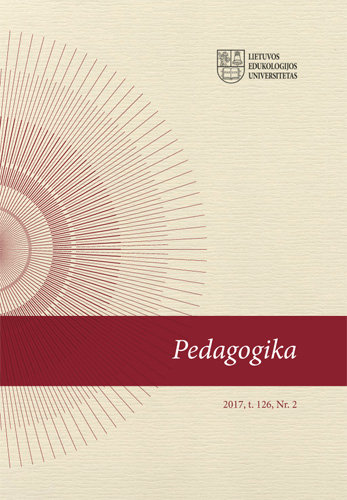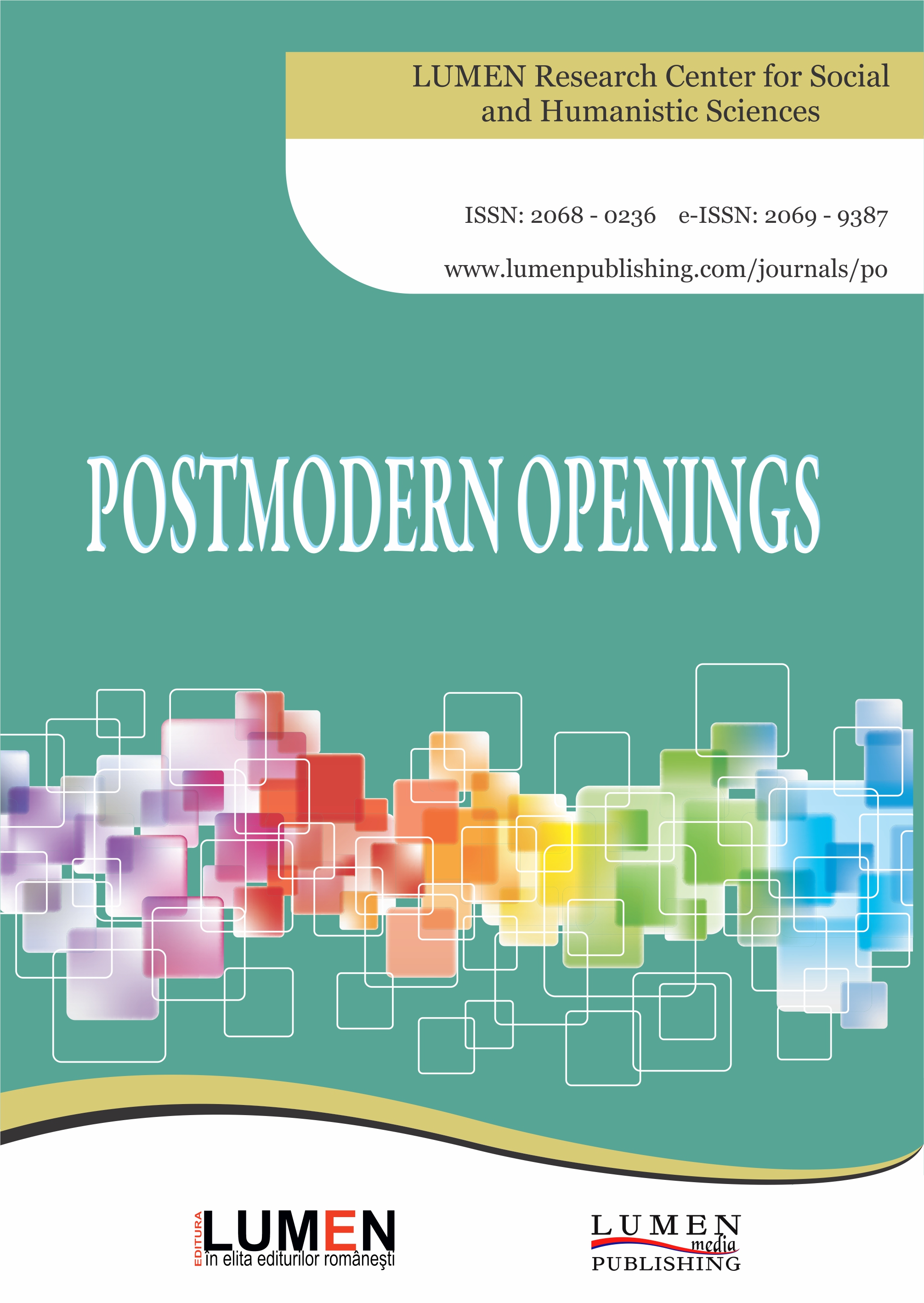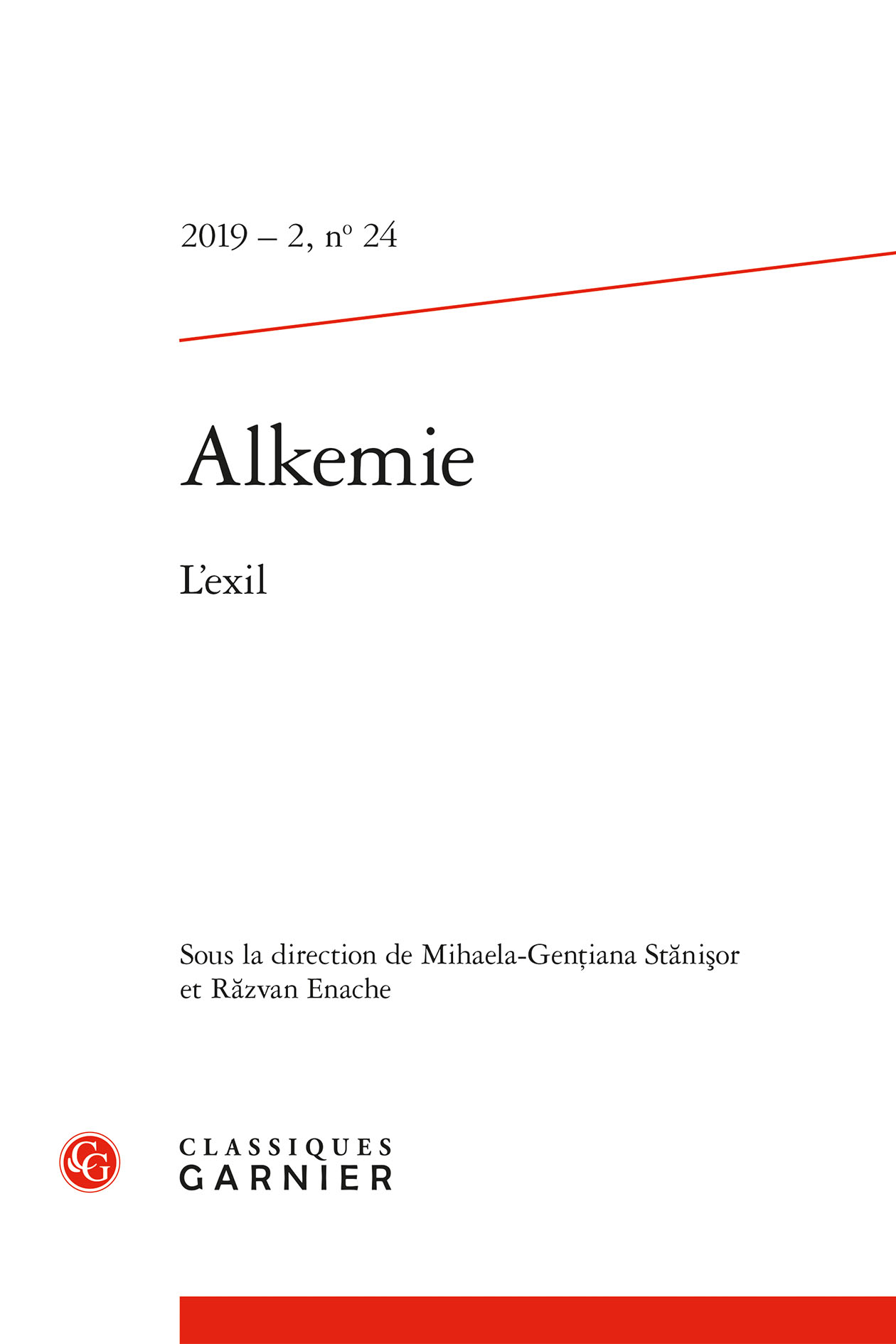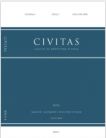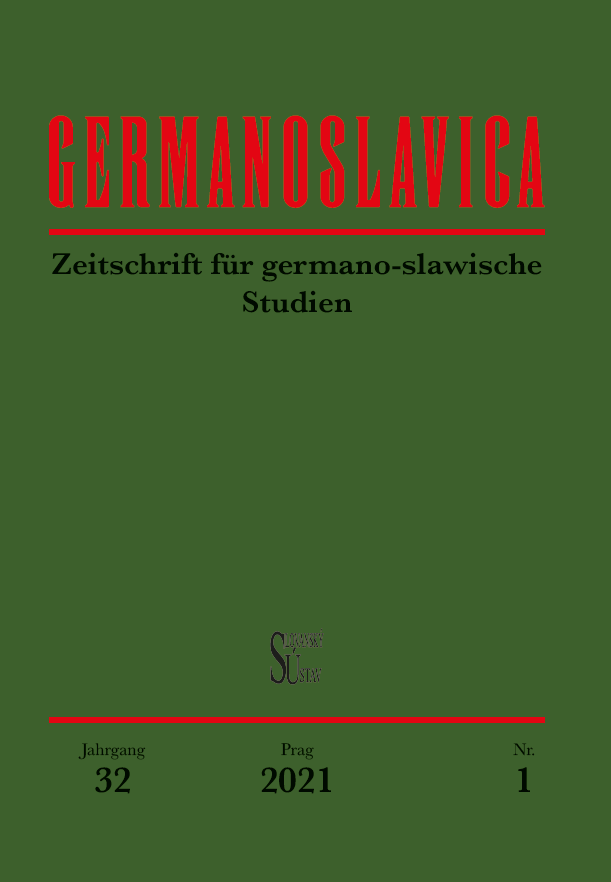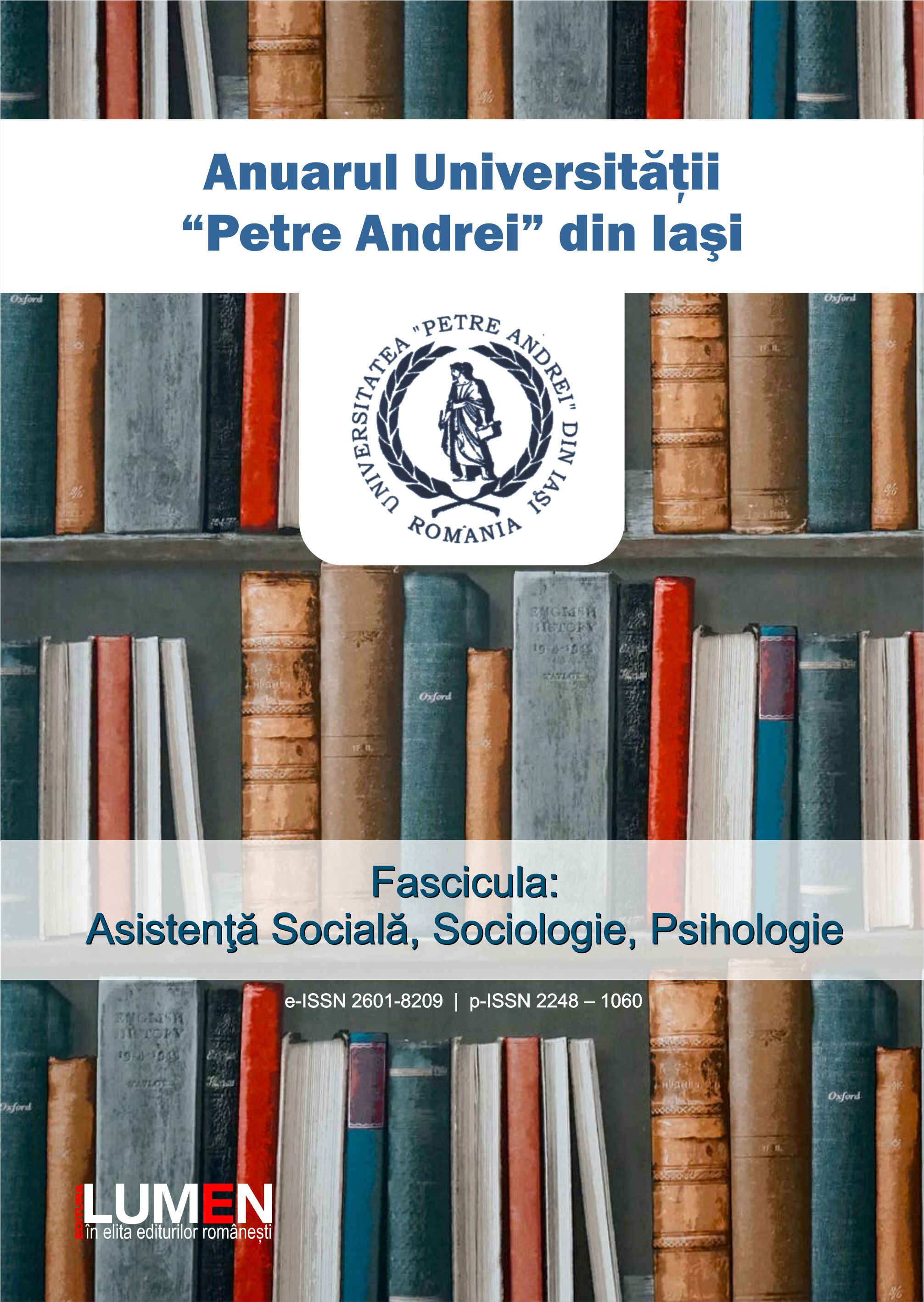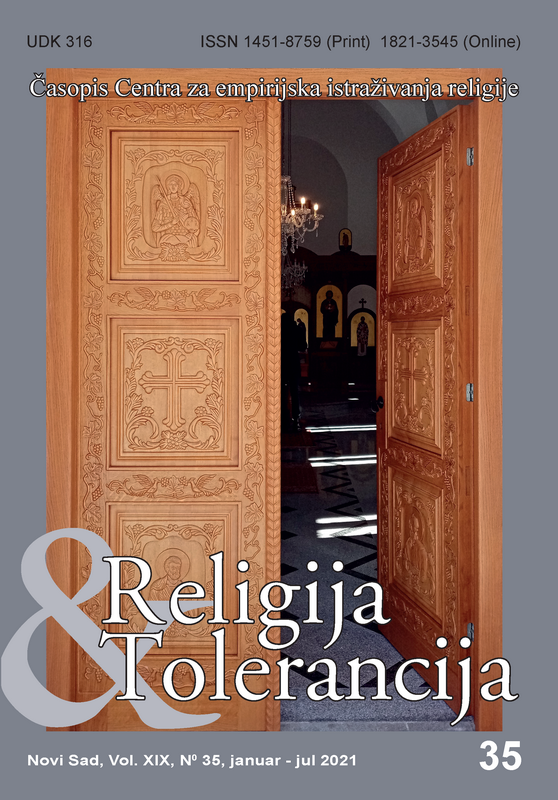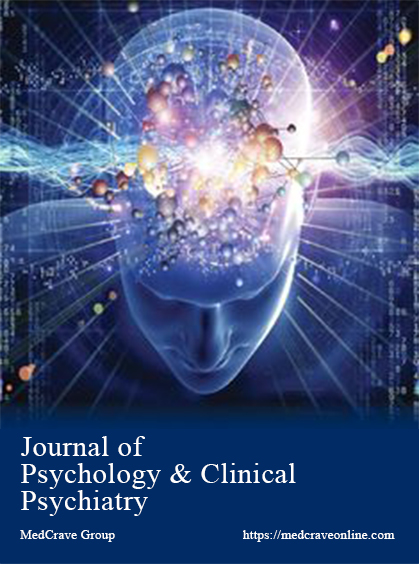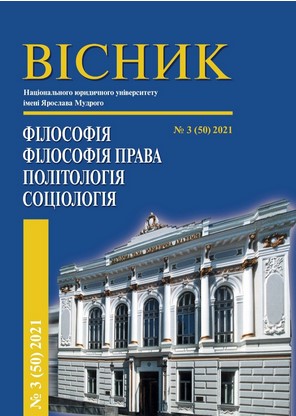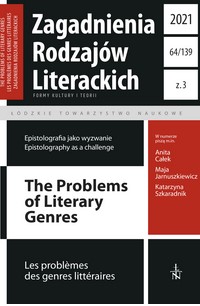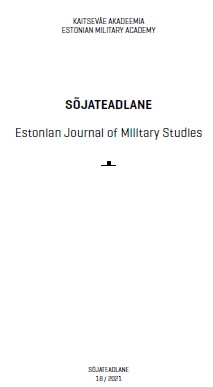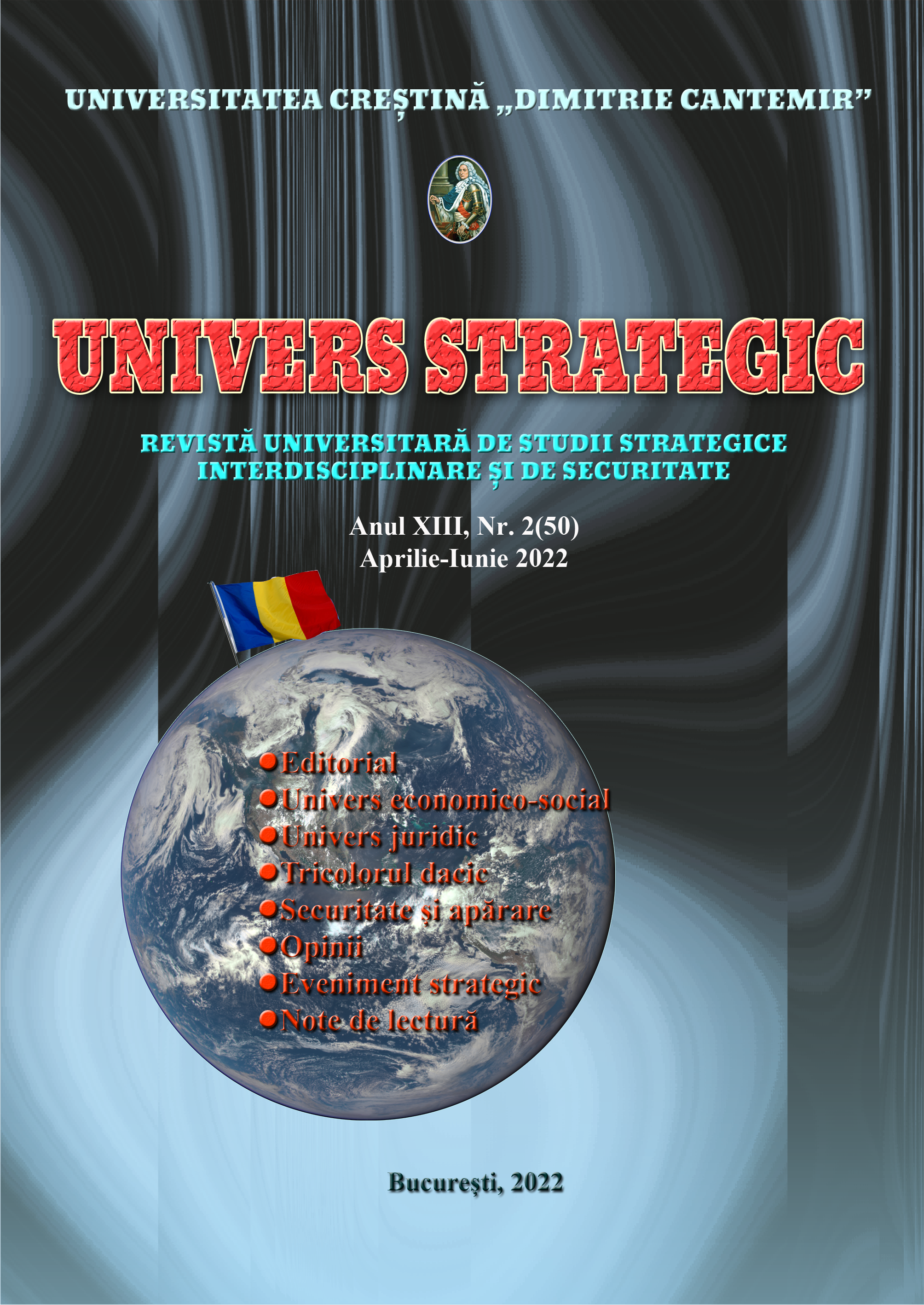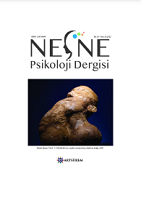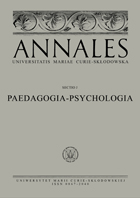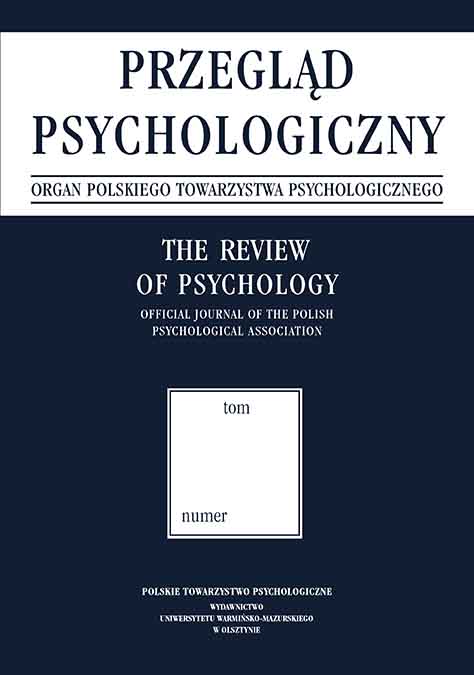Author(s): T. G. Prokhorenko / Language(s): Ukrainian
Issue: 4/2017
The article states that the unprecedented pace of social history of civilization, scientific and technological changes required by specialists of high professional mobility. Professional mobility – is a kind of social mobility, the quality system of the individual professional, which includes knowledge, skills, abilities, personal qualities, values. Professional mobility requires not only the transfer of an individual from one professional to another position, but also its mobility, willingness to rapidly increase its own resources in accordance with the upcoming changes. The main factor here is the inner freedom of the individual and his ability to discard stereotypes formed, the ability to look at life and professional situation in a new way, outside the box. This is the force of the creative person. In the process of professional movement becomes an important characteristic of professional ability to quickly adapt to new circumstances, to orient himself in the professional world. It actualizes the desire and ability to continuous learning, continuous improvement of vocational training, allows such professionals to cultivate lifelong learning. They are also characterized by the pursuit of self-knowledge and self-determination. No less important is the quality of belief in themselves and their future. The ability for a professional displacement determines the level of adaptation and competitive specialists in the labor market is a significant factor in his professional success. The result is a domestic professional development, as well as the surrounding living environment and professional transformation. Professional success is an important part of human life and success is reflected in the achievement of these goals, the creative originality of the end product, in excess of their previous results. An example of a successful professional and social mobility is a career, which is a human movement between the positions of labor or professional occupations throughout his working life. Analysis career motivations indicates the predominance of motivation to improve the material situation followed and other bonuses: the availability of opportunities for the realization of their professional plans for further professional and personal development, the achievement of a certain social status, etc. The author notes that in the period of social transformation mechanisms of social and professional movements are characterized by inconsistency and uncertainty, accompanied by, on the one hand, the demand for professional competence, but on the other hand, certain personal, professional and social strains. Distinguished and studied two main models of professional movement: associated with a focus on personal achievements and, on the other hand, ascriptive. The first model focuses on quality education, initiative, communication skills, natural talent. The second provides for career success in the organization of «man with connections», it focuses on the success and reputation of «their man».
More...
